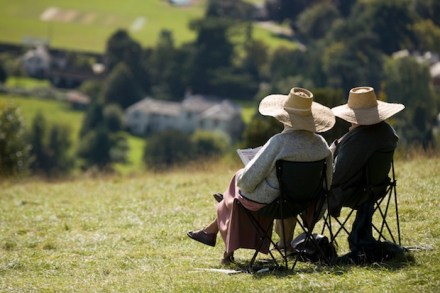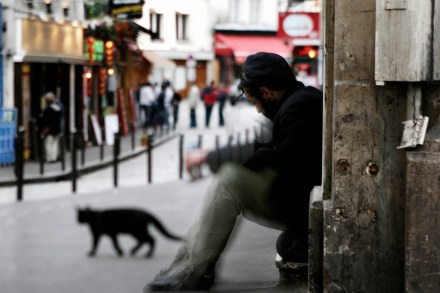Considering retiring abroad? Don’t forget about your state pension
Retiring to a warmer, more exotic, country is something that many of us dream of doing – and sooner, rather than later. One in ten people over the age of fifty are currently considering retiring abroad, with the main reasons being a better lifestyle, a cheaper way of life and of course, better weather than the UK. Who can blame us for wanting to enjoy some sunshine in our old age? Perhaps unsurprisingly, the most popular retirement destination for Brits is still Spain, with other locations closer to home – France, Portugal, Italy and South East Europe – following close behind in the popularity stakes. But growing old abroad can





















